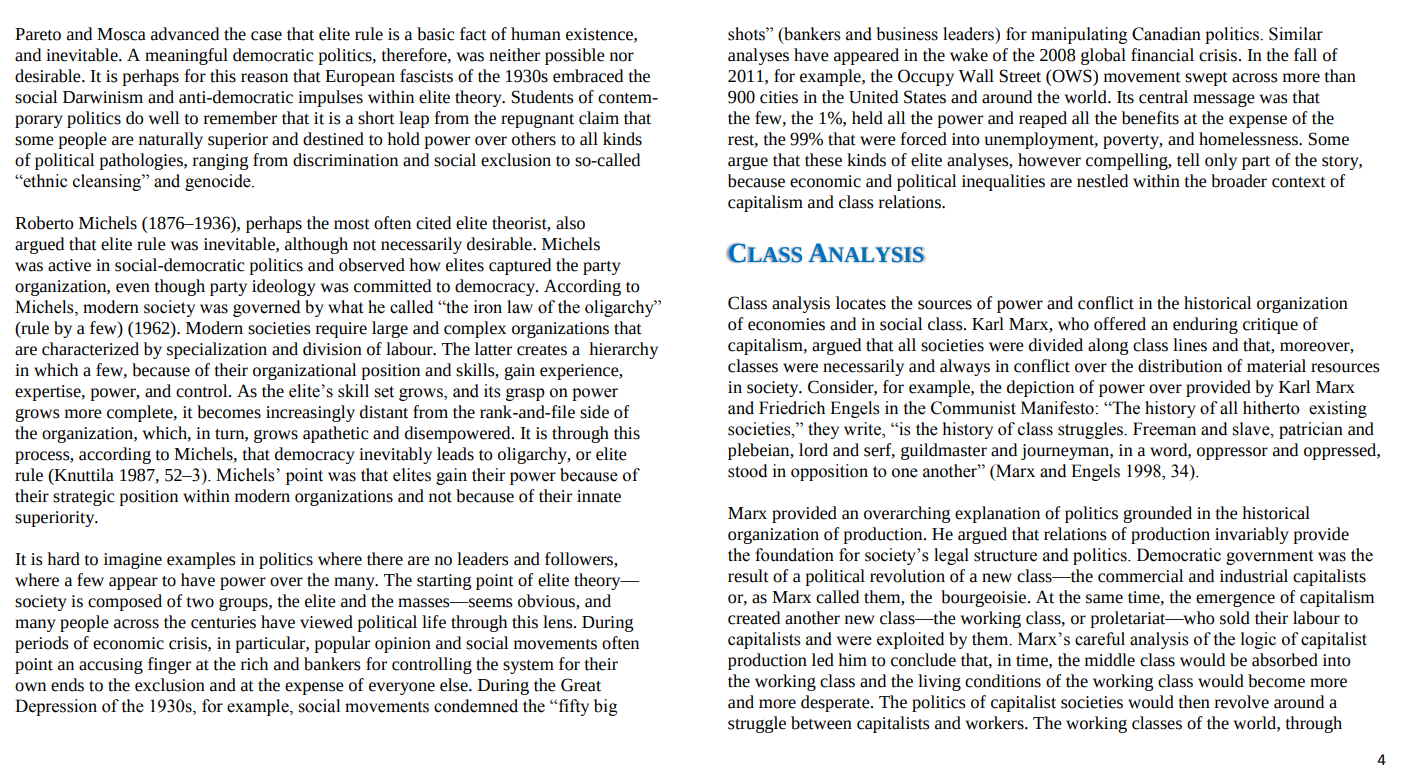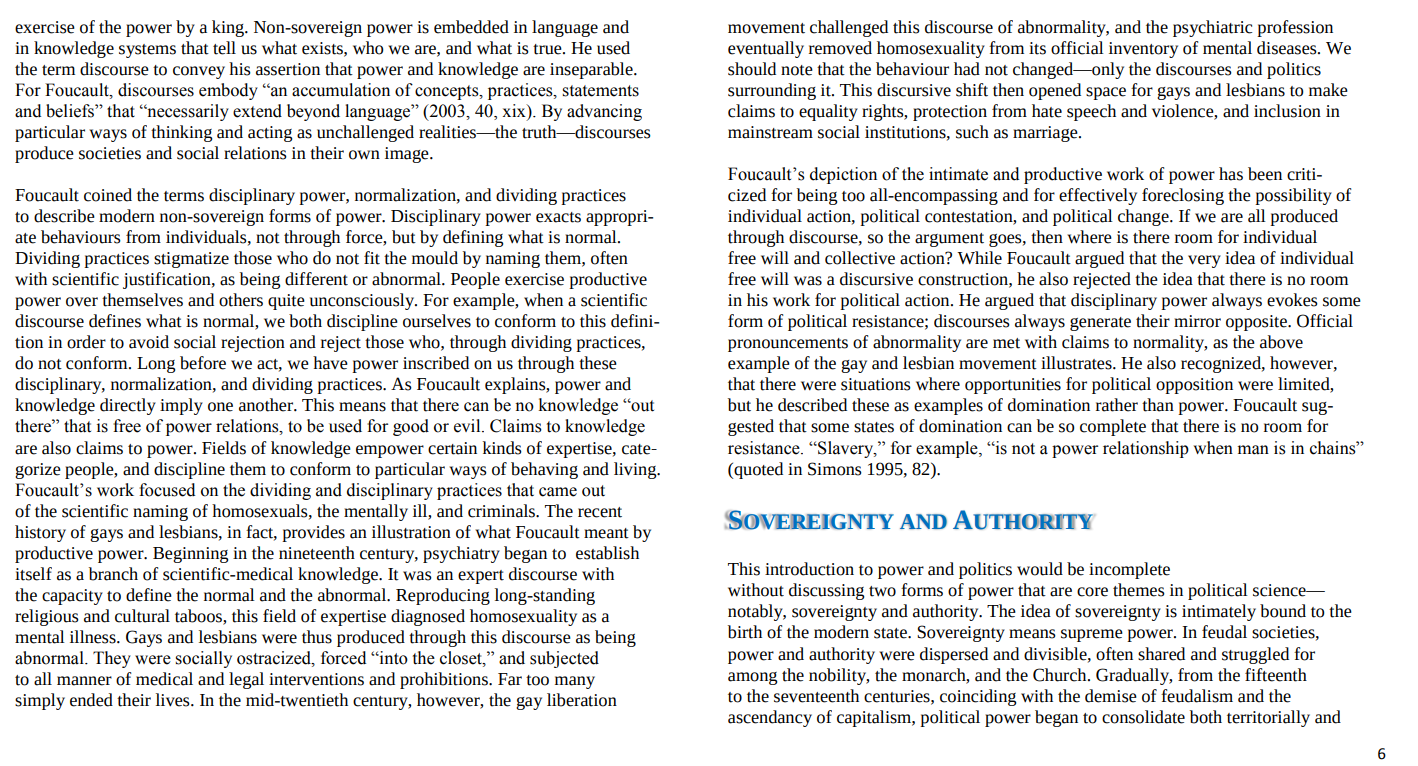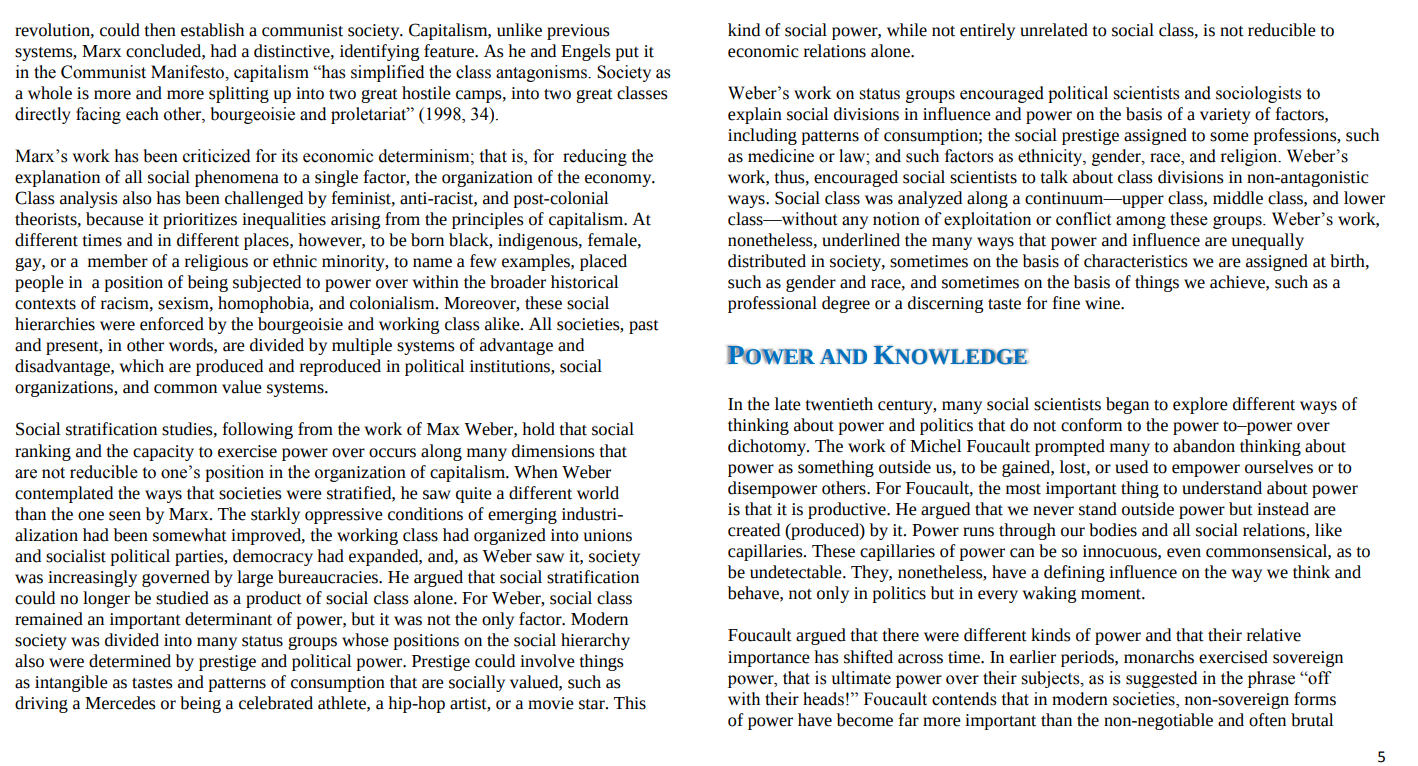the_dunk_tank
It's the dunk tank.
This is where you come to post big-brained hot takes by chuds, libs, or even fellow leftists, and tear them to itty-bitty pieces with precision dunkstrikes.
Rule 1: All posts must include links to the subject matter, and no identifying information should be redacted.
Rule 2: If your source is a reactionary website, please use archive.is instead of linking directly.
Rule 3: No sectarianism.
Rule 4: TERF/SWERFs Not Welcome
Rule 5: No ableism of any kind (that includes stuff like libt*rd)
Rule 6: Do not post fellow hexbears.
Rule 7: Do not individually target other instances' admins or moderators.
Rule 8: The subject of a post cannot be low hanging fruit, that is comments/posts made by a private person that have low amount of upvotes/likes/views. Comments/Posts made on other instances that are accessible from hexbear are an exception to this. Posts that do not meet this requirement can be posted to !shitreactionariessay@lemmygrad.ml
Rule 9: if you post ironic rage bait im going to make a personal visit to your house to make sure you never make this mistake again
view the rest of the comments



What Marx said about it (emphasis added)
Aristotle therefore, himself, tells us what barred the way to his further analysis; it was the absence of any concept of value. What is that equal something, that common substance, which admits of the value of the beds being expressed by a house? Such a thing, in truth, cannot exist, says Aristotle. And why not? Compared with the beds, the house does represent something equal to them, in so far as it represents what is really equal, both in the beds and the house. And that is – human labour.There was, however, an important fact which prevented Aristotle from seeing that, to attribute value to commodities, is merely a mode of expressing all labour as equal human labour, and consequently as labour of equal quality. Greek society was founded upon slavery, and had, therefore, for its natural basis, the inequality of men and of their labour powers. The secret of the expression of value, namely, that all kinds of labour are equal and equivalent, because, and so far as they are human labour in general, cannot be deciphered, until the notion of human equality has already acquired the fixity of a popular prejudice. This, however, is possible only in a society in which the great mass of the produce of labour takes the form of commodities, in which, consequently, the dominant relation between man and man, is that of owners of commodities. The brilliancy of Aristotle’s genius is shown by this alone, that he discovered, in the expression of the value of commodities, a relation of equality. The peculiar conditions of the society in which he lived, alone prevented him from discovering what, “in truth,” was at the bottom of this equality.